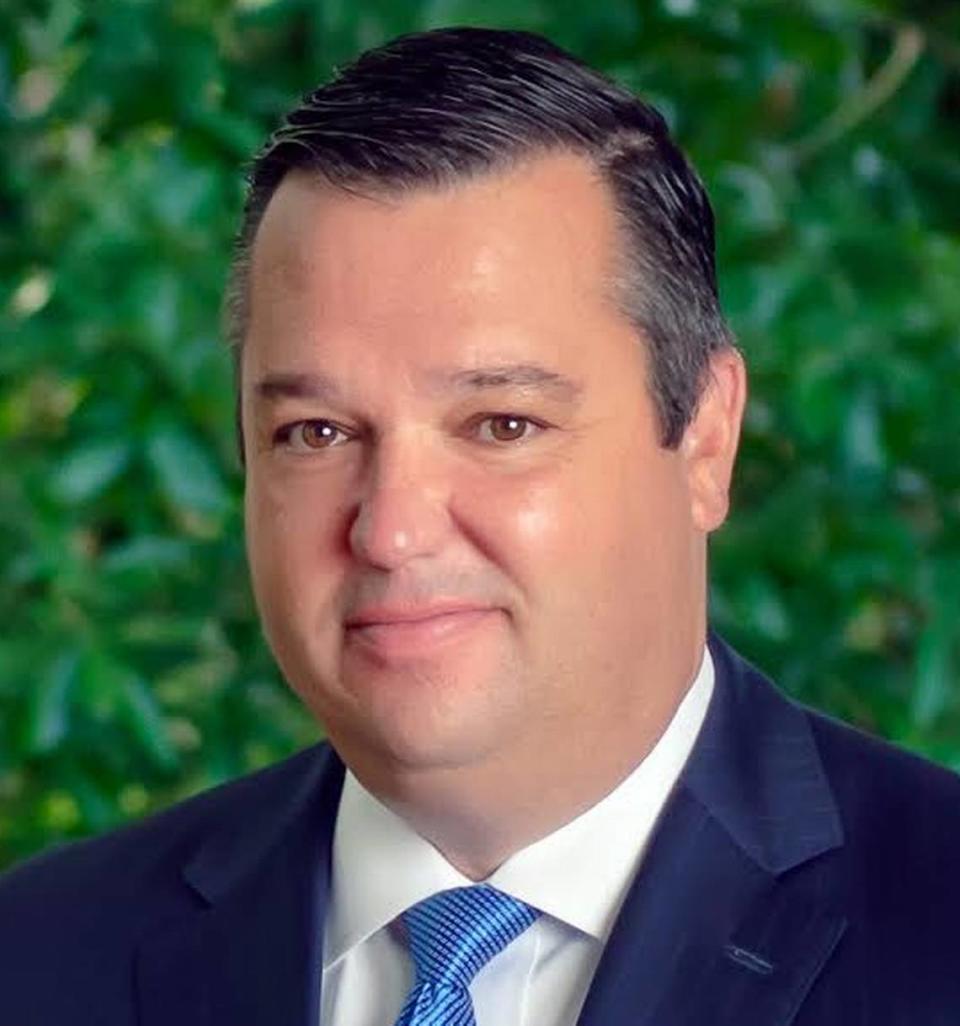Delaying medical care for other conditions Is the wrong response to COVID-19 | Opinion
COVID-19 has had an impact on all of our lives that has been so far-reaching that it’s easy to forget that this is an entirely new disease, not seen previously in humans. The virus’ “novelty” means that we are learning about it, its transmissibility, symptoms, impact on the human body and long-term effects in real-time.
While a great deal is still unknown, we know much more than we did in January when we first learned of the virus’ outbreak in China. With each day, scientists and the medical community gain more valuable information that aids in the treatment of sick patients and prevention and mitigation.
We know, for example, that wearing a face mask reduces virus transmission by more than 50 percent, according to the Institute for Health Metrics and Evaluation. And we know there are many people with COIVD-19 who display no symptoms at all, yet they can spread the virus. This makes wearing a face-covering even more critical.
We know that transmission of the virus from touching objects, such as doorknobs or elevator buttons, is not the main way the virus is spread. Touching contaminated surfaces is a factor, but not as significant as droplet transmission.
We also know that certain populations are at a much higher risk of contracting the virus and experiencing severe symptoms that require hospitalization and intensive care.
What we do with this hard-earned knowledge matters.
We can wear masks in public. We can commit to rigorous hand hygiene. And we can maintain a recommended schedule of healthcare visits safely and effectively.
Tragically, however, beginning with the early days of the outbreak, many people started canceling routine checkups and chronic condition management visits, even avoiding emergency-department care when experiencing symptoms of appendicitis, a heart attack, stroke and other life-threatening conditions. Nationally, about 48 percent of Americans have skipped medical care because of the pandemic, with 11 percent reporting that the delay in care caused their condition to worsen.
Visits to outpatient practices declined almost 60 percent by early April, according to a recent study from the Commonwealth Fund. Emergency-department visits declined 42 percent in just four weeks from late March to late April, according to the Centers for Disease Control and Prevention.
Fear of the virus has become a deterrent to seeking appropriate medical care, and it is costing lives. One in four patients surveyed in a recent study, conducted by TransUnion Healthcare, said they had canceled an elective procedure because of the pandemic with only half of the respondents indicating they planned to reschedule in the next three months.
Avoidance behavior is the opposite of what we should be doing. Because we know that certain conditions are associated with a higher risk of serious illness, we have even more reason to ensure those conditions are well managed with regular medical care. Scheduled preventive care is critical for identifying potentially serious conditions early and starting a treatment plan that keeps the condition from worsening.
For emergent conditions, avoiding medical care can cause lasting organ damage and can even be fatal. Emergency-room doctors are reporting that since March, patients experiencing heart attacks are often in far worse condition when they do finally come to the hospital than if they sought emergency care with the onset of symptoms, with the result being it’s too late to benefit from any treatment.
COVID-19 is scary, and the world is uncertain and overwhelming right now. It might be tempting to continue to delay that important call to your healthcare provider to reschedule needed care.
Make the call. Ask your family and friends to do the same. It might save your life or that of a loved one.
Tim Stapleton is chief executive officer of the Florida Medical Association. Crystal Stickle is interim president of the Florida Hospital Association.



